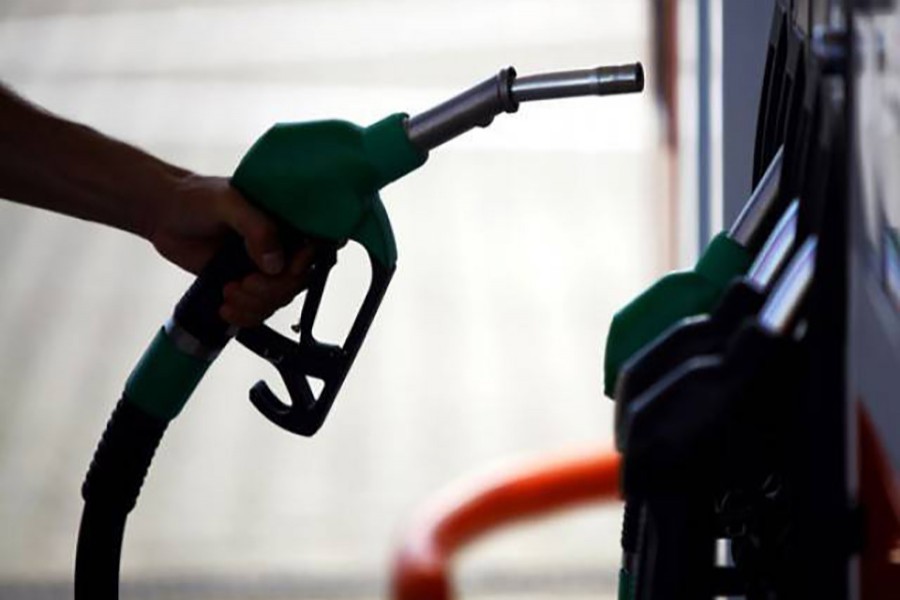
Published :
Updated :

Under the monthly fuel adjustment introduced by the deposed government in March last, the first such revision to the relief of some has been effected by the interim government. The relief is because of the downward adjustment of fuel oil prices. However, the slashing of oil prices is unlikely to benefit all strata of society. With a nominal cut by Tk 1.25 on a litre of kerosene and diesel for the month of September without any such adjustment in August by the previous administration, the more deserving lower segments of society will hardly benefit from the move. These segments are the major consumers of these two types of fuel oil. Petrol and octane are considered luxury fuels for reasons understandable and the two have become significantly less costly by Tk 6.0 a litre from Tk 127 down to Tk121 and from Tk 131 to Tk 125 respectively.
The inescapable fact is that the poorer segments of society reeling from unrelenting inflation and lately from the impact of floods in several areas of the country needed some pragmatic move towards lessening their sufferings. If farmers who need diesel for operation of irrigation pumps or boatmen for trawlers or mechanised boats as well as public buses, trucks and covered vans for running them could enjoy a substantial cut on this particular type of fuel, it would have a beneficial impact on production of crops and transportation of commodities. This would ultimately reflect on the galloping inflation. Petrol used in cars, on the other hand, much as it may become cheaper, will have no or little impact on the economy. Had the price tags for different types of oil been reversed, it would make an immediate impact on transport fair and carrying costs of commodities including the daily essentials. Under the guideline on automatic oil pricing the Bangladesh Petroleum Corporation (BPC) prepared, the prices between diesel and petrol/octane have to vary by at least Tk 10. There is no bar to have a higher price differential between those. In fact, the price gap is of Tk 15.50 between kerosene/diesel and petroleum and of Tk 19.50 between octane and the former cheaper variety now costing Tk105.50 a litre.
Effective from September 1, the new fuel prices are unlikely to give enough cause for celebration by the common people. There is a need for a comprehensive review of the requirements of fuel oils in different areas in order to assess the priority sectors in terms of production and contribution to the economy. Bangladesh's domestic oil production is next to nothing and hence it must prioritise the use of imported fuel for reaping the optimal benefits.
In this context, it is worth noting that oil import in 2023 declined by 20 per cent not because prices went up but because devaluation of Taka and dollar crunch did not allow the import of a little over 10 million tonnes it imported in 2022. With almost similar amount of expenditure, the country ended up importing 8.26 million tonnes in 2023. Since there is no scope for import of oil by private companies other than the BPC, industrial units with reduced availability of fuel had to curtail production. This explains why a contractionary monetary policy was followed and the economy shrank. So there is no alternative to rationalising use of fuel oils.


 For all latest news, follow The Financial Express Google News channel.
For all latest news, follow The Financial Express Google News channel.